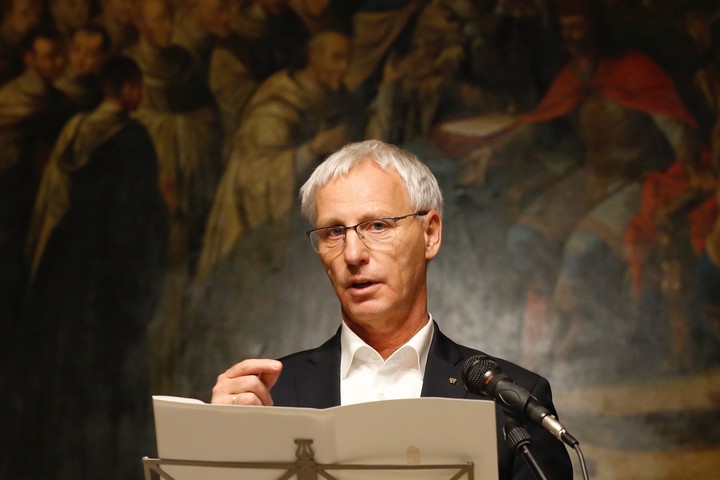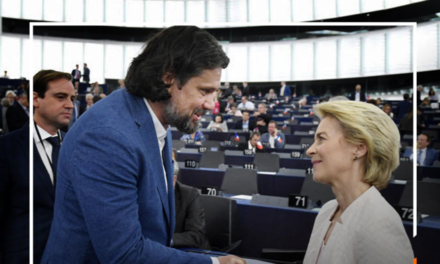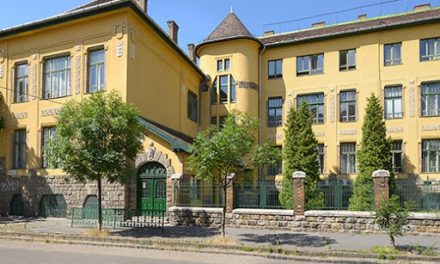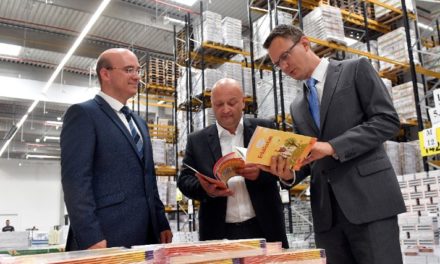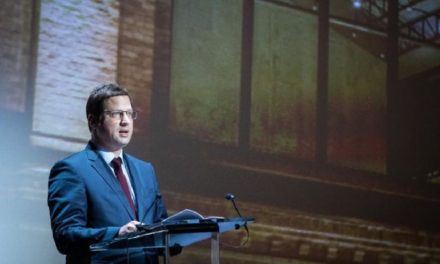The Hungarian government has in mind the preservation of Christian communities when it provides assistance to the Christian community abroad, stressed Miklós Soltész, the Prime Minister's State Secretary responsible for church and ethnic relations, to MTI on Sunday after visiting Montenegro and Bosnia-Herzegovina.
The Hungarian government implemented three grants in the Western Balkans through the Hungary Helps program, the state secretary announced. As he said, the Hungarian government considers it important to help both the persecuted Christians and the Christian communities that are in trouble, live in difficult conditions and fight for their survival.
This time, Budapest supported two projects in Mostar, Bosnia . Miklós Soltész reminded that it has a symbolic meaning that Hungarian soldiers started repairing the blown-up bridge in Mostar just twenty-five years ago and helped the peoples who remained there to reconcile after the Bosnian war. Now, on the one hand , the Hungarian government supported the construction of a college gymnasium with 24.5 million forints, and on the other hand, Budapest also provided 24.5 million forints for the rebuilding of the Orthodox Serbian cathedral, which was crushed to dust during the 1992-1995 Bosnian war, in the Bosnian Muslim area - detailed the secretary of state. He added that the construction of the cathedral is largely financed by Serbia, but Hungary also contributes a little.
, near Podgorica, an Albanian community of Roman Catholic religion wants to rebuild a library at the Franciscan monastery, for which the Hungarian government provides HUF 24.5 million in support, thus supporting not only the library but also the development of a community space, since the building is not only a place for books , but would also provide space for community events.
Miklós Soltész pointed out that the Balkan region is extremely important for Hungary, and it tries to maintain good relations with all countries. In recent years, this has mainly manifested itself in economic and political cooperation, he explained, and then continued: but in addition to these, the ecclesiastical relations that come through the Christian communities are also important.
"In the age in which we live now, where other ideologies are trying to suppress Christianity to a large extent, it is important for us that these communities stick together," underlined the state secretary responsible for church and ethnic relations.
Source: MTI

